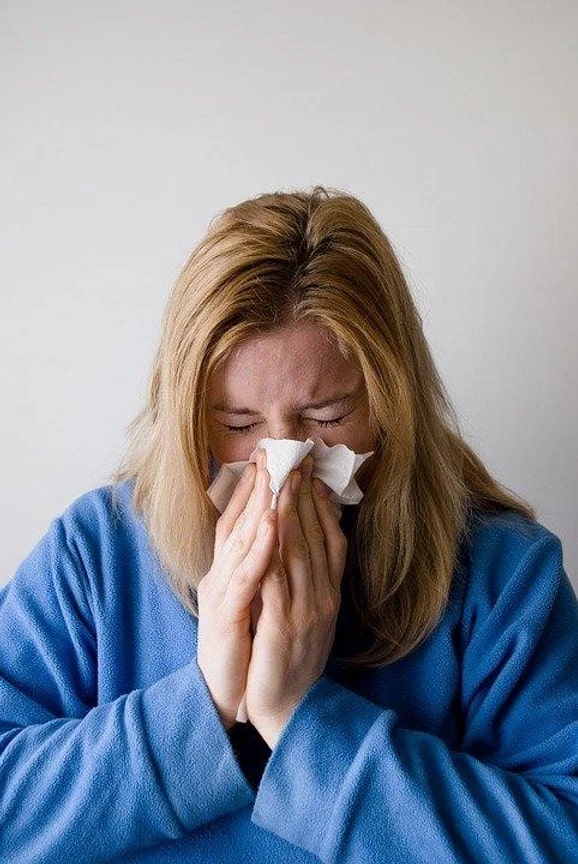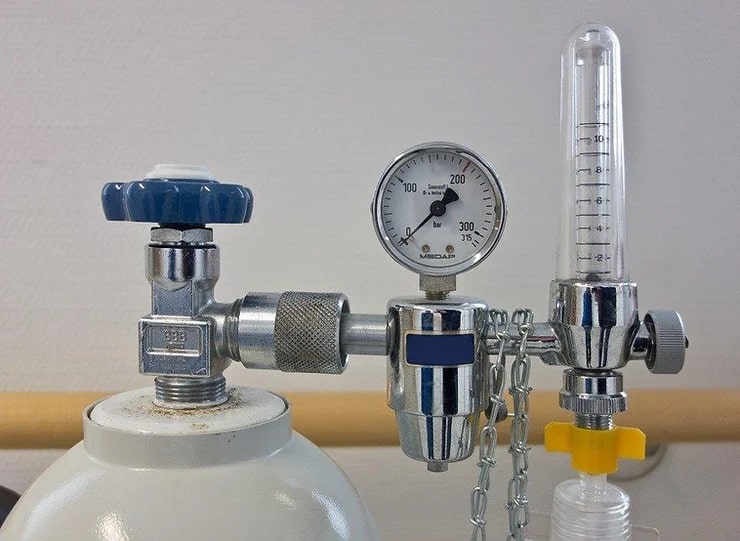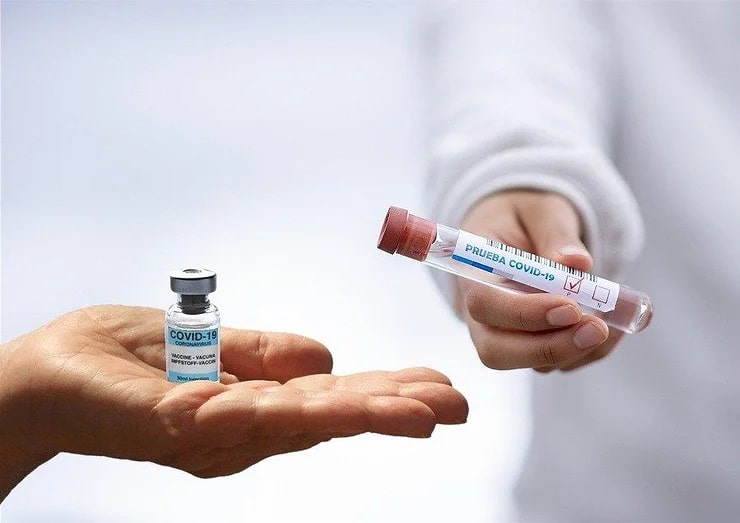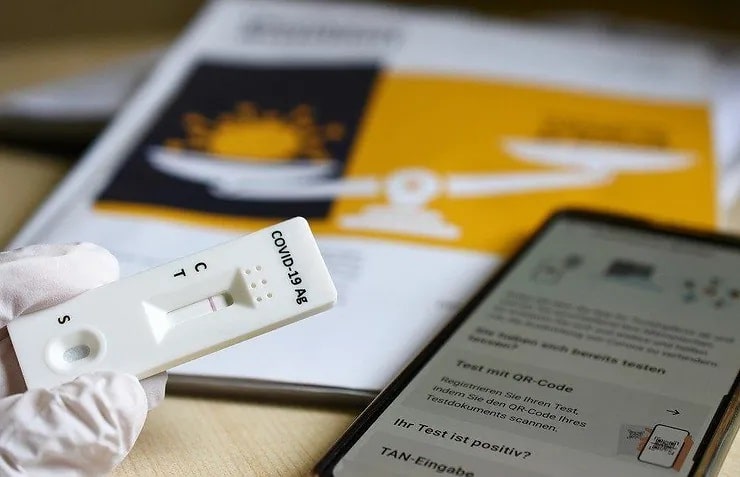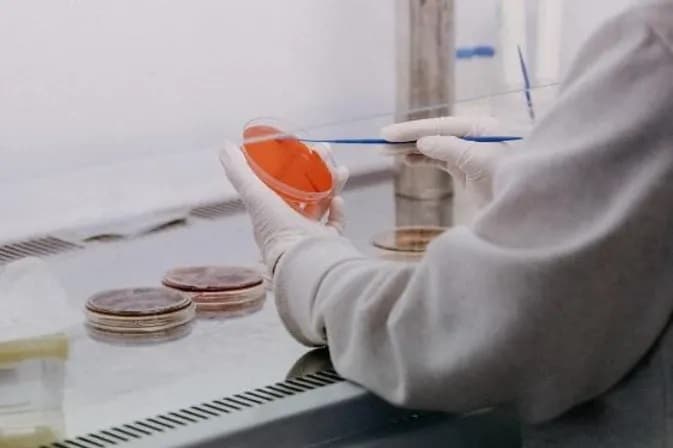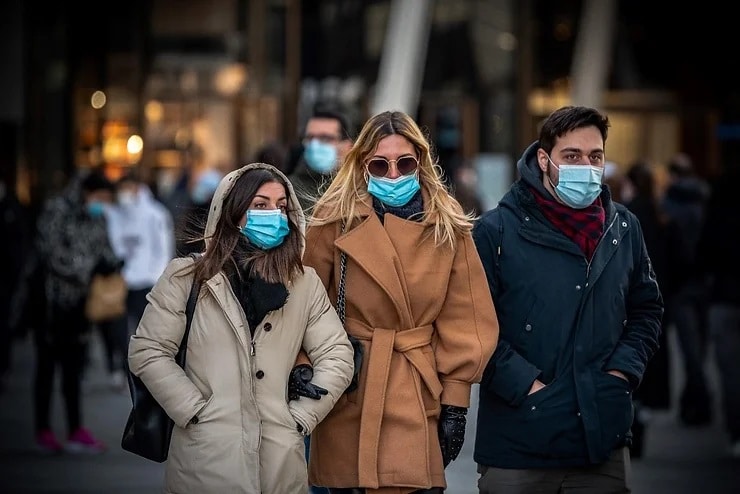I wanted to take the time to address some controversies regarding Covid -19 vaccination. As a healthcare provider I find it very important to deliver the best possible information to my patients and present information in a fair and unbiased way. I wanted to discuss 3 topics in greater length to help clear up some controversies and misconceptions regarding Covid-19 Vaccination.
1. Is the Vaccine Safe?
I try and look at things as objectively as possible. At this point I feel you have two options. Either you get vaccinated or you will ultimately develop a Covid-19 infection without the protection of prior vaccination. While there are some very rare side effects from the vaccine, the benefits far outweigh the risks according to any objective measurement. Furthermore if you look at any of the side effects of vaccination, they occur at much higher rates with natural infection.
Recently there has been a lot made about the development of myocarditis/myopericarditis in children who had received mRNA Covid vaccines. This is true and vaccination does carry a small risk of causing myocarditis/pericarditis. However, when you look at the incidence of this complication due to vaccination vs. natural infection the risks are not nearly equivalent. The risk of myocarditis in someone who received the Covid vaccine is between 1 in 40,000 to 1 in 60,000. The risk of myocarditis in someone who has a natural infection is closer to 1 in 45. While most people do well with appropriate treatment this nonetheless scares a lot of people and pushes them away from vaccination. When looked at it objectively there is a 1000 x greater likelihood of developing this from natural infection and does not appear to be reasonable reason not to get vaccinated from that perspective.
2. I no longer have detectable Antibodies so I need a booster!
There is some data that shows that persistence of detectable neutralizing antibodies helps prevent symptomatic disease from an acute Covid-19 infection. While this is important it is not the only endpoint. The vaccines remain extremely effective in preventing severe disease and death, even in people who no longer possess neutralizing antibodies. The reason is that there are other aspects to your immune system like memory B cell immunity that may play a role in helping you fight off an acute Covid-19 infection. Vaccination against Covid-19, particularly 2 doses of one of the mRNA vaccines has been shown to trigger this type of immunity. As a result your body is primed to fight on an acute infection, develop new antibodies to combat infection when faced with an acute infection, and as a result suppress any acute infection so that it does not cause severe illness and death.
I do not think we will ever eradicate this virus but we can live with it. If we can prevent severe illness and death then we are winning the fight agains this pandemic and over time the threat it poses to our society will decrease immensely. In my opinion too much emphasis is placed on the vaccine completely preventing Covid-19 infections. Even if the vaccine does not prevent acute infection at as high a rate over time there are still tremendous benefits from vaccination whether it being a much lower chance of contracting Covid-19 if exposed, milder illness if you do develop symptomatic infection, and a narrower window of transmissibility if you do become infected,
3. Do I need to get vaccinated if I have previously been infected with Covid-19?
This is tricky. While current CDC recommendations are for vaccination despite prior Covid-19 infection I am not 100% sure this is absolutely necessary at this time. Studies have shown that vaccination decreases your chance of acute infection and death even if you have previously been infected with Covid-19. I have not seen good data regarding the risk of severe infection and death overall for someone who has previously been infected with Covid-19 and develops a second Covid-19 infection. Complicating matters further is conflicting data. A large study out of Israel showed natural infection to confer better immunity than immunity from vaccination while another large study out of England showed the opposite. Clearly we don’t have the answer to which is superior, immunity from vaccination or natural immunity, but assuming they are even close you could infer that natural immunity would produce similar protection against severe disease and death from a second Covid-19 infection.
I understand why one would feel that a vaccine is not necessary if they have recently recovered from Covid even if vaccination would provide additional protection. However, I do not think there is evidence that vaccination is unsafe in this population and the societal benefits for the individual in the world of vaccine mandates likely far outweigh any risks of vaccination.
Another consideration in this population would be receiving one mRNA vaccine instead of both doses as there is data showing that one dose is highly effective and two doses may not be necessary.
In closing, these are difficult times and confusing times. I chose to go to medical school and devote my life to this profession but people are being put in a situations to make decisions for themselves and their families while being confronted with conflicting and at times incorrect information. My training and background makes deciphering this information easier, and even then it can be daunting. Science takes time and we are learning more about this disease, treatments, vaccinations, and how they all intersect everyday.
Thanks for reading,
Dr. Quiros
